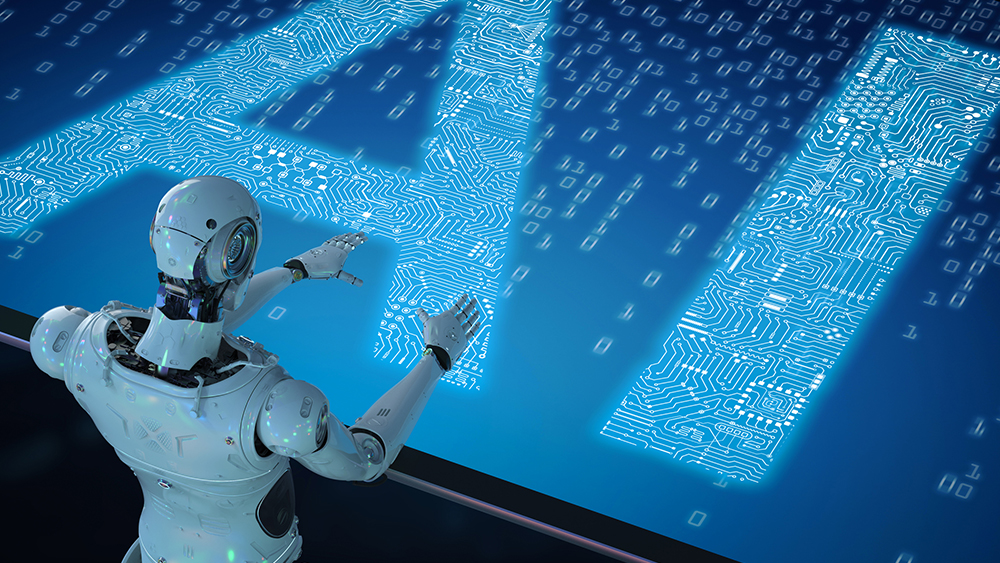In the realm of modern technology, few concepts hold as much promise, potential, and perhaps apprehension as Artificial Intelligence (AI). It’s a term that’s been etched into the collective consciousness, heralded as the harbinger of a new era while simultaneously stoking fears of a dystopian future. But beyond the buzzwords lies a landscape rich with possibilities, simple ai projects, and ethical considerations that demand exploration.
AI, at its core, is the development of computer systems that can perform tasks that typically require human intelligence. From recognizing patterns in data to making decisions and even learning from experience, AI systems have become ubiquitous in our lives, often without us realizing it. They power everything from virtual assistants on our smartphones to the algorithms that curate our social media feeds.
However, the true potential of AI extends far beyond these familiar applications. One of the most exciting frontiers is in the field of healthcare. Researchers are leveraging AI to accelerate drug discovery, personalize treatment plans, and even predict outbreaks of diseases. AI-driven diagnostic tools are enabling early detection of conditions ranging from cancer to neurological disorders, potentially revolutionizing the way we approach healthcare.
In the realm of environmental conservation, AI is emerging as a powerful ally in the fight against climate change. From optimizing energy consumption to monitoring and protecting endangered species, AI-powered solutions are providing invaluable insights and driving more effective resource management strategies.
But for all its promise, the rise of AI also brings forth a host of ethical and societal challenges. As AI systems become more autonomous and pervasive, questions surrounding privacy, bias, and accountability loom large. The ethical implications of AI-driven decision-making, particularly in sensitive domains such as criminal justice and employment, demand careful consideration and robust regulatory frameworks.
Moreover, there’s the perennial concern of job displacement as automation continues to reshape industries. While AI undoubtedly holds the potential to augment human capabilities and create new opportunities, it also has the capacity to exacerbate existing inequalities if not implemented thoughtfully.
Addressing these challenges requires a multidisciplinary approach that goes beyond technical expertise. It demands collaboration between technologists, policymakers, ethicists, and stakeholders from diverse backgrounds to ensure that AI is developed and deployed in a manner that aligns with societal values and priorities.
Furthermore, fostering greater transparency and public understanding of AI is paramount in building trust and mitigating fear. Initiatives aimed at promoting AI literacy, fostering open dialogue, and demystifying the technology can help bridge the gap between the hype and the reality, empowering individuals to make informed decisions about the role of AI in their lives.
As we stand on the precipice of a future shaped by artificial intelligence, it’s essential to approach this burgeoning field with both optimism and caution. By embracing the possibilities while remaining vigilant to the pitfalls, we can harness the transformative power of AI to create a more equitable, sustainable, and prosperous future for all.
